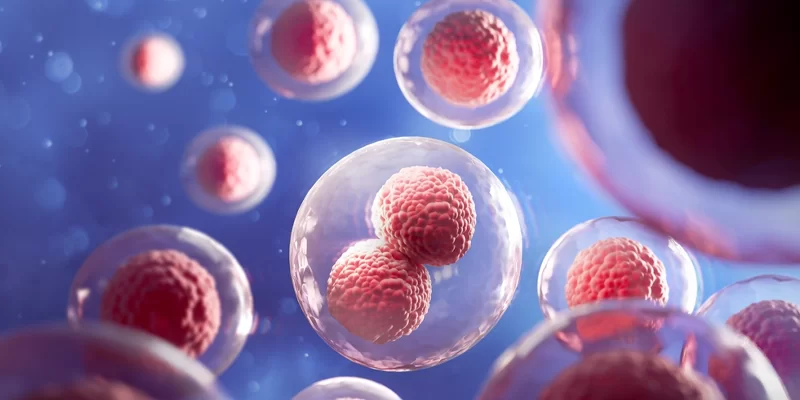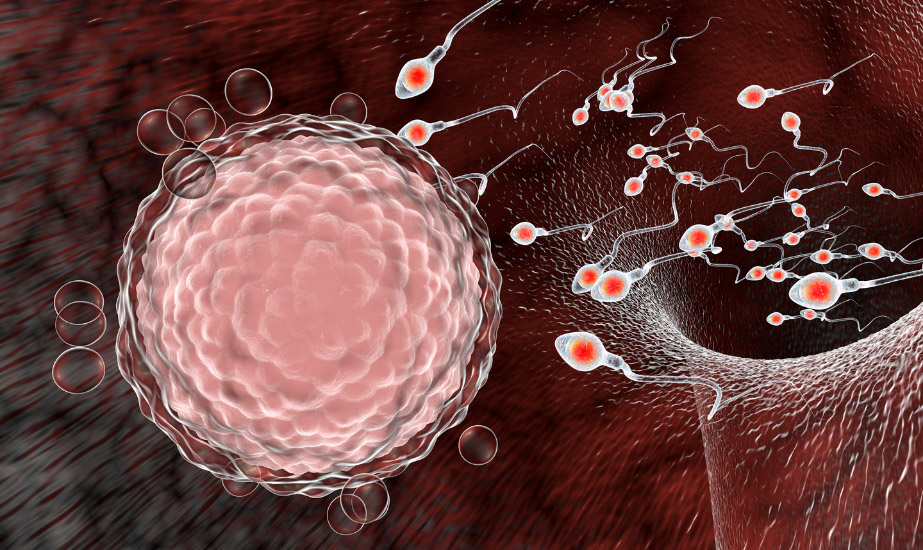12 Ways On How To Improve Fertility
Fertility issues affect up to 15% of couples. The road to parenthood can be difficult at times, but know that you are not alone in your struggles.
Fortunately, there are a few natural ways to boost your fertility. In fact, changes in diet and lifestyle can help increase fertility.
1. Follow A Fertility Diet.
Select nutritious foods such as leafy greens, fresh fruits, lean proteins, and healthy fats such as avocado and olive oil.
Healthy eating improves reproductive health and may help with ovulatory infertility, which accounts for one-quarter of all fertility issues. When a woman ovulates infrequently or not at all, she is said to be in menopause.
Consuming the right foods promotes consistent egg production. Replace red meat with tofu, beans, and other legumes at least once a day.
Choose full-fat dairy products like whole milk and regular yogurt over skim varieties.
Maintaining a healthy weight and lowering testosterone and insulin levels can be achieved by limiting your carbohydrate intake and avoiding refined carbohydrates. Both of these hormones play a role in infertility.
Omega-3 fatty acids, which your body does not produce on its own, are found in eggs, nuts, and fatty fish such as salmon, mackerel, and cod. Omega-3 fatty acids promote egg production and improve blood flow to the reproductive organs.
Because of the increased blood supply during pregnancy, your body requires more iron than usual. Eating beans, pumpkins, tomatoes, and beets can help prevent anemia and promote oxygen circulation throughout your body.
2. Keep A Healthy Weight
Both underweight and overweight women have more difficulty conceiving. A body mass index (BMI) of 20-24 is generally favorable for pregnancy.
Obese and underweight women may have irregular or no menstrual cycles.
Though it is possible to conceive if you are overweight, the excess hormones produced by fat tissues interfere with both ovulation and pregnancy.
An excess of estrogen in your body, for example, acts as a form of birth control, tricking your body into believing it is already pregnant and skipping the ovulation process.
Obesity also increases your chances of developing polycystic ovarian syndrome (PCOS), which is another possible cause of infertility.
Furthermore, being overweight during pregnancy can have serious consequences for the health of your baby. They are more likely to develop type 2 diabetes, spina bifida, high cholesterol, and heart defects.
At the same time, underweight women have a higher rate of infertility.
A BMI of less than 18.5 indicates that your body is producing less estrogen or none at all. This causes irregular menstrual cycles and fertility issues.
3. Get Rid Of Alcohol And Tobacco.
All of these substances have a negative impact on your reproductive health.
Binge drinking (consuming more than five drinks in one sitting) increases the risk of irregular ovulation. Even moderate drinking several times per week reduces your chances of becoming pregnant.
When pregnant, alcohol consumption is especially harmful to the fetus during weeks 3–8 and can cause irreversible damage.
Cigarette chemicals, on the other hand, literally reduce the number of eggs you have.
In contrast to sperm, which is constantly produced, the female body is born with a fixed number of eggs. They cannot be replaced once they are gone.
Tobacco smoke also interferes with ovulation, causing irregularities or the failure to release an egg mid-cycle.
4. Consume Prenatal Vitamins
Prenatal vitamins are specifically designed to meet the needs of a growing fetus.
They contain higher levels of folic acid, which allows your baby’s neural tube to properly fuse during the second and third weeks of pregnancy.
Because you may not even realize you’re pregnant at this point, taking folic acid while trying to conceive is a good idea.
Vitamin D, which aids in the production of sex hormones in both men and women, is another fertility-enhancing nutrient.
Low estrogen levels are caused by a lack of vitamin D, and nearly 40% of women with ovulation dysfunction are vitamin D deficient.
5. Keep Hydrated
Drinking plenty of water and avoiding sodas and sugary beverages may also help you conceive.
Aside from improving blood flow, proper hydration ensures that sperm can easily penetrate your cervix by increasing the viscosity of your cervical mucus.
Dehydration, on the other hand, is harmful to egg health, making it less likely that an egg will be fertilized or develop into an embryo.

6. Stress Management
Mental and psychological health are more closely linked than you might think. The additional stress of trying to conceive can cause hormonal shifts that tell your body that now is not the time to have a baby.
Cortisol, a stress hormone, then disrupts communication between the brain and the ovaries, resulting in irregular cycles.
7. Keep Track Of Your Ovulation.
Keep a close eye on your ovulation cycle to improve your chances of getting pregnant.
Eggs can survive in the female body for 12 to 14 hours, whereas sperm can survive for up to 5 days. Making sure they’re both in your uterus at the same time (or that the sperm arrives before the egg) increases the chances of fertilization.
Tracking basal body temperature, breast sensitivity, and cervical mucus are all options for detecting ovulation.
Alternatively, you can buy ovulation tracking kits from your local pharmacy and test yourself mid-cycle to see if an egg is present.
8. Get Your Hands Dirty In The Bedroom
Regular love-making can relieve stress for both partners. This increases blood flow to your ovaries and uterus, creating a favorable environment for fertilization by keeping the egg and sperm viable for a longer period of time. Ideally, you should have sex within three days of ovulation.
9. Trans Fats Should Be Avoided.
Eating healthy fats on a daily basis is essential for improving fertility and overall health.
Trans fats, on the other hand, are linked to an increased risk of ovulatory infertility due to their negative effects on insulin sensitivity.
Trans fats are common in hydrogenated vegetable oils and can be found in margarine, fried foods, processed foods, and baked goods. We all have favorites.
A diet high in trans fats and low in unsaturated fats has been linked to infertility in both men and women, according to research.
10. Select High-Fat Dairy Products.
Low-fat dairy consumption may increase the risk of infertility, whereas high-fat dairy consumption may decrease it.
One large 2007 study investigated the effects of eating high-fat dairy more than once a day or less than once a week.
Women who consumed one or more servings of high-fat dairy per day were found to be 27% less likely to be infertile.
Replace one low-fat dairy serving per day with one high-fat dairy serving, such as a glass of whole milk or full-fat yogurt, to reap these potential benefits.
This buffalo chicken dip made with full-fat Greek yogurt is absolutely delicious.
Include A Multivitamin.
You may be less likely to experience ovulatory infertility if you take multivitamins.
In fact, women who take three or more multivitamins per week may avoid up to 20% of ovulatory infertility. Vitamin micronutrients play critical roles in fertility.
A multivitamin containing folate may be especially beneficial for women trying to conceive.
Consult your doctor about any supplements, including multivitamins, that may help you get closer to pregnancy.
Reduce Your Caffeine Intake.
The link between caffeine and fertility isn’t very strong.
According to an older 1997 study, women who consume more than 500 milligrams of caffeine per day take up to 9 1/2 months longer to become pregnant.
Other studies, however, did not find a strong link between caffeine consumption and an increased risk of infertility.
To be on the safe side, limit your caffeine intake to one or two cups of coffee per day. Try these non-coffee alternatives.
Takeaway
Good nutrition is essential for a healthy body and reproductive system, as well as for assisting you in becoming pregnant.
Eating a nutritious diet and adopting a healthy lifestyle can help increase fertility and prepare your body for pregnancy. It’s also beneficial to you in general.
If you’re trying to conceive, you should start making healthy eating and lifestyle choices right away.
But don’t let stress and worry get the best of you. Consult with your healthcare team to determine the best options for you.

